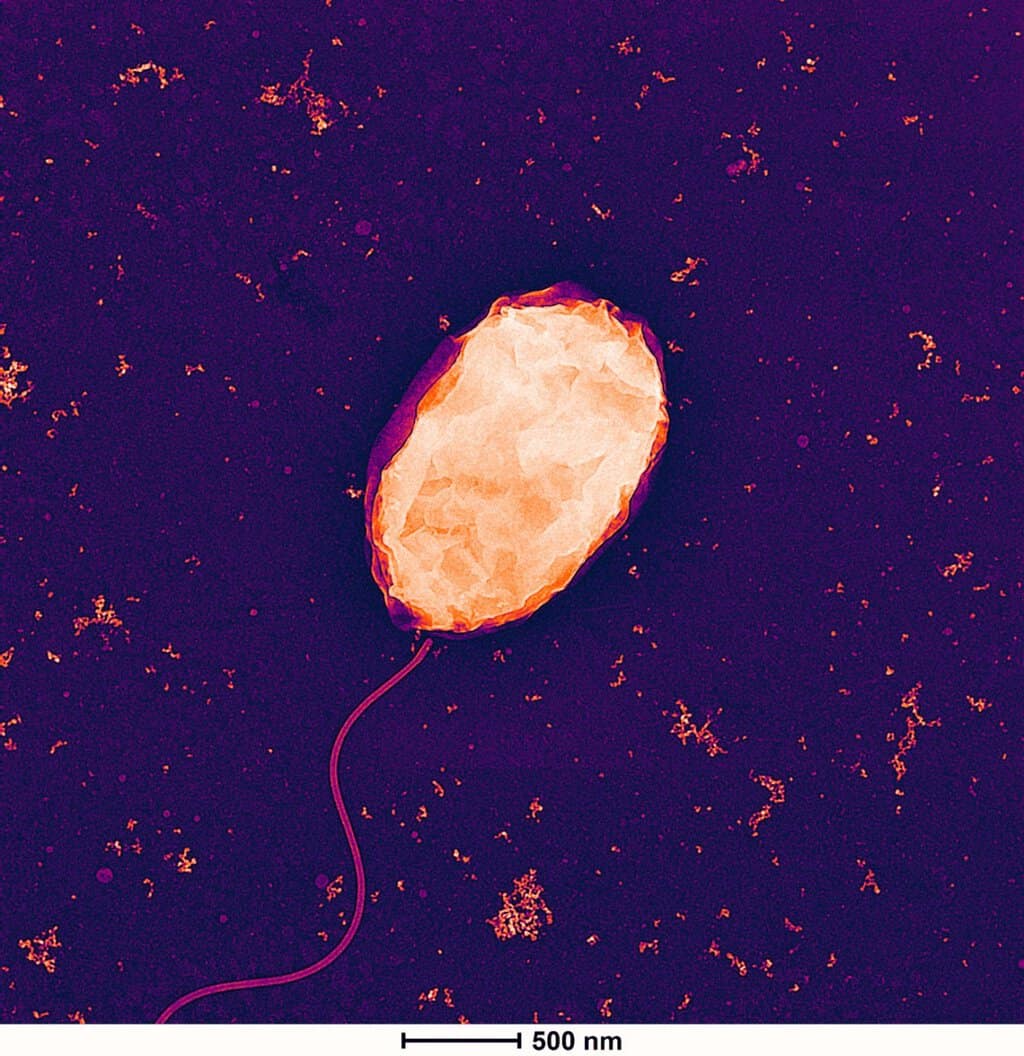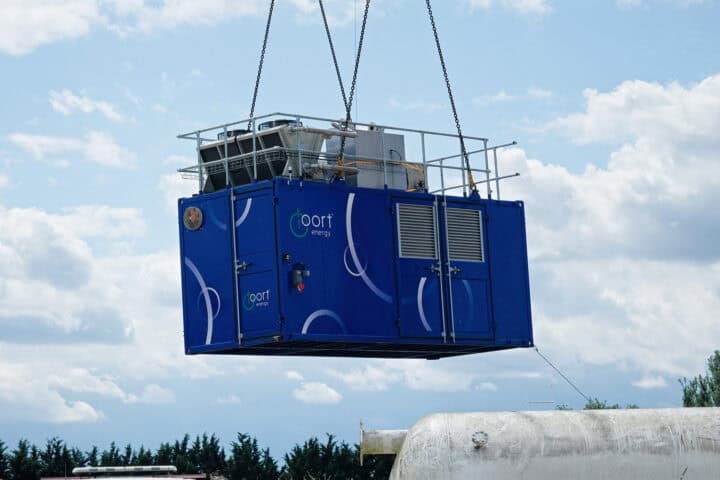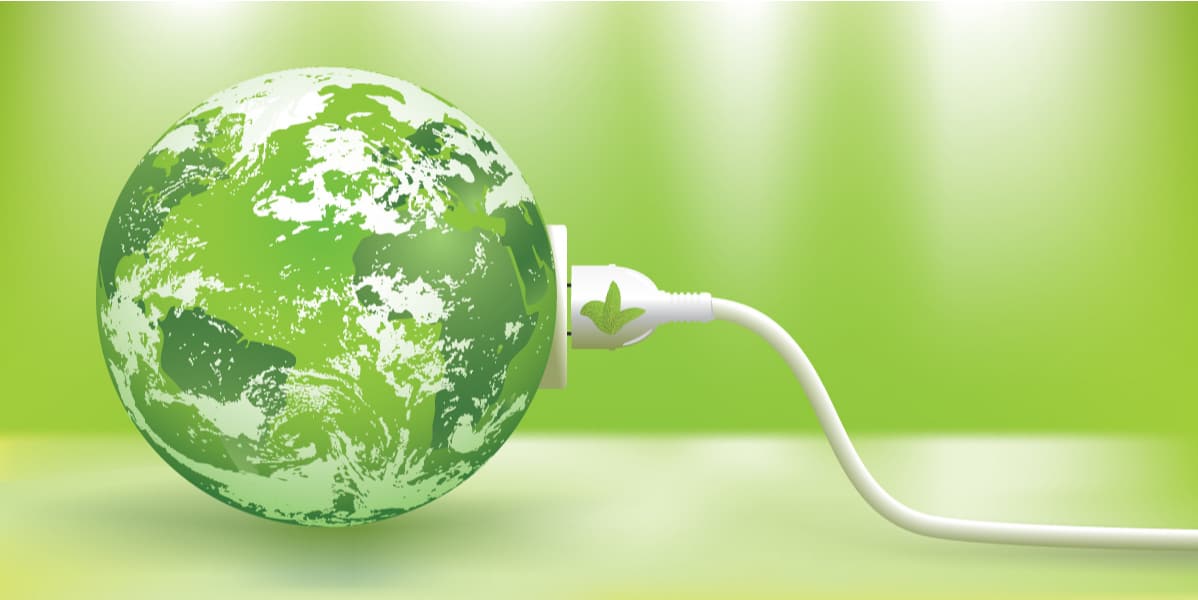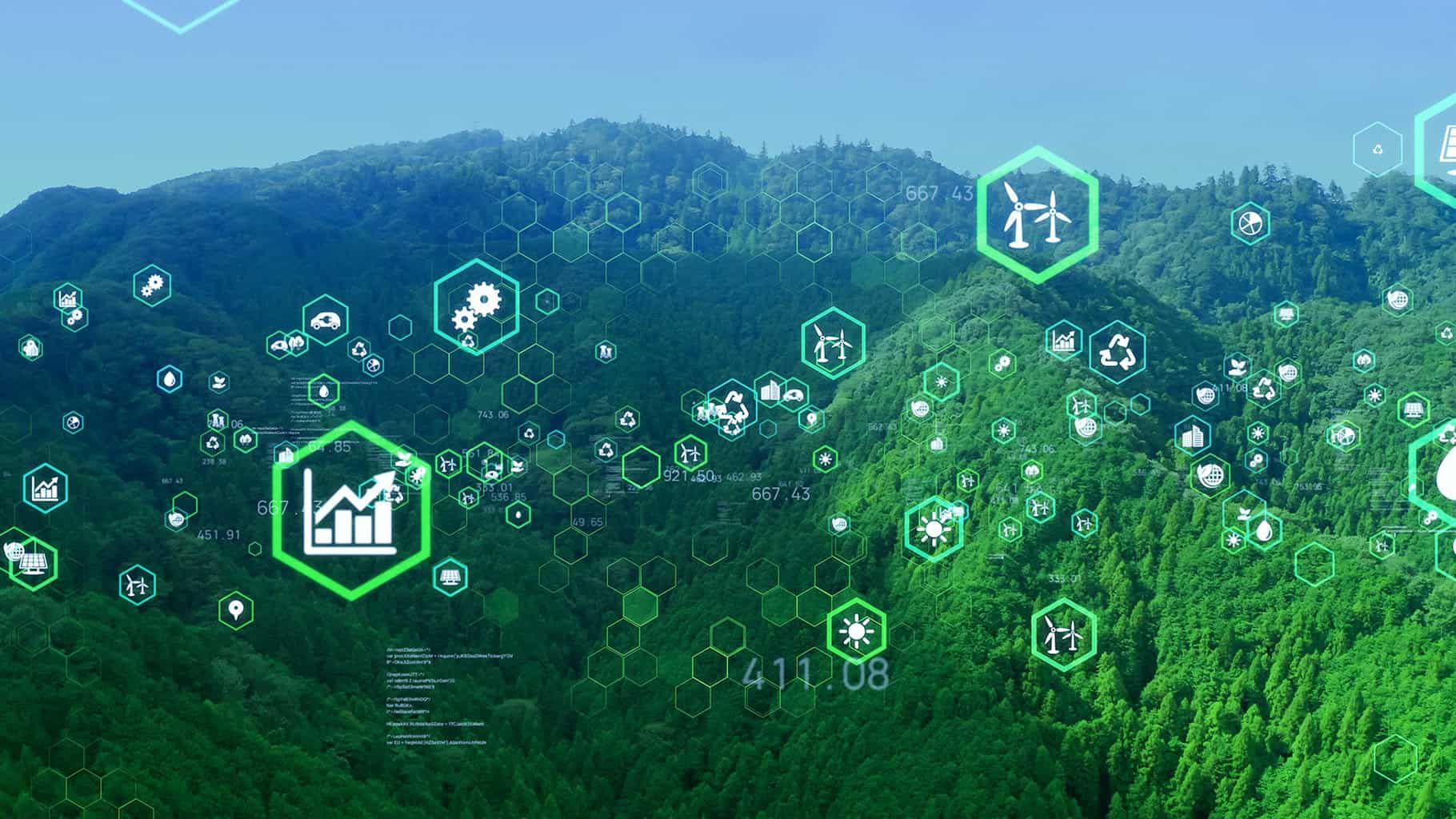Cornell University researchers have introduced a groundbreaking approach to rare earth processing, utilizing genetically modified bacteria, such as Vibrio natriegens, weighing merely a trillionth of a gram. Their study, published in the American Chemical Society Journal, highlights the urgency of addressing challenges in this field, particularly due to overreliance on foreign sources and environmentally harmful techniques.
By enhancing Vibrio natriegens’ biosorption capacity through genetic engineering, the researchers have enabled efficient extraction of rare earth elements without resorting to pollutant-heavy processes. This innovation not only provides a sustainable alternative but also offers the potential to revive domestic rare earth production, including mines like California’s Mountain Pass.
Lead researcher Buz Barstow emphasizes the significance of this development, indicating that it could help the US regain control of its rare earth supply chain. By circumventing the limitations of outdated thermochemical methods, this approach promises cost-effective and environmentally friendly rare earth processing, crucial for meeting the demands of modern technology and the transition to renewable energy.
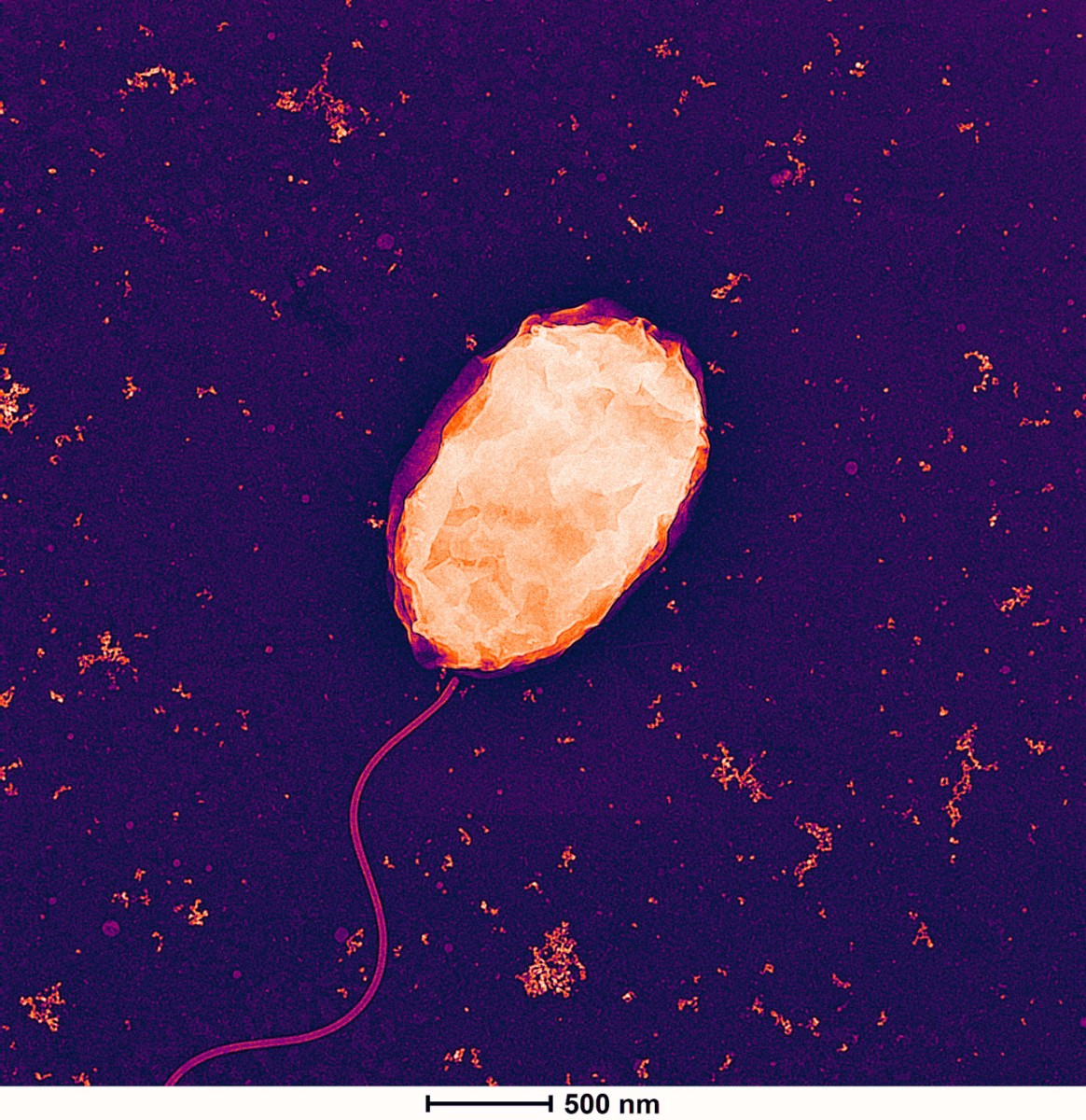
Harnessing Microbial Power: Genetically Modified Bacteria Revolutionize Rare Earth Processing
A little bacterium that weighs one trillionth of a gram may quickly have an impact on rare earth processing that is environmentally friendly.
Genetically modified bacteria have the ability to enhance rare earth processing and strengthen international financial supply chains, according to research from Cornell University.
To purify the components found in smartphones, computers, electric vehicles, and wind turbines, the bacterium Vibrio natriegens offers a long-lasting technique called biosorption. The innovative technique extracts rare earths without the use of pollutant-heavy techniques.
The American Chemical Society Journal has published a study titled “Multiple Rounds of In Vivo Random Mutagenesis and Selection in Vibrio Natriegens Result in Large Increases in REE Binding Capacity.”
Redefining Resource Security: Sustainable Solutions for Rare Earth Processing
Due to their use in computers and smartphones, rare earth elements play a crucial role in society. They are also essential for the switch to fresh energy because they are used in batteries and renewable energy sources.
Earlier in 2021, the White House mandated an assessment that revealed an excessive reliance on foreign sources and hostile countries processing unique earths. The security of the country and the economy is threatened by this reliance.
Standard thermochemical techniques for separating lanthanides are terrible for the environment, according to Buz Barstow, matching author of the study and assistant professor of Biological and Environmental Engineering at Cornell.
It’s challenging to fine-tune these components. We send unique earth elements abroad, usually to China, to process them because of this.
Processing of rare earth using bacterium biological engineering
The researchers genetically modified a strain of Vibrio natriegens to improve its capacity to biosorb or extract the rare earths under the direction of graduate students Sean Medin and Anastacia Dressel.
A plasmid called MP6 was used to alter the genome of Vibrio natriegens, introducing errors. The genetically modified bacterium was then examined for increased unique earth biosorption.
These findings demonstrate how many genes most likely contribute to biosorption, according to Barstow, as well as the effectiveness of strange mutagenesis in identifying genes of interest and optimizing a natural system for the task at hand.
A novel method for home rare earth extraction
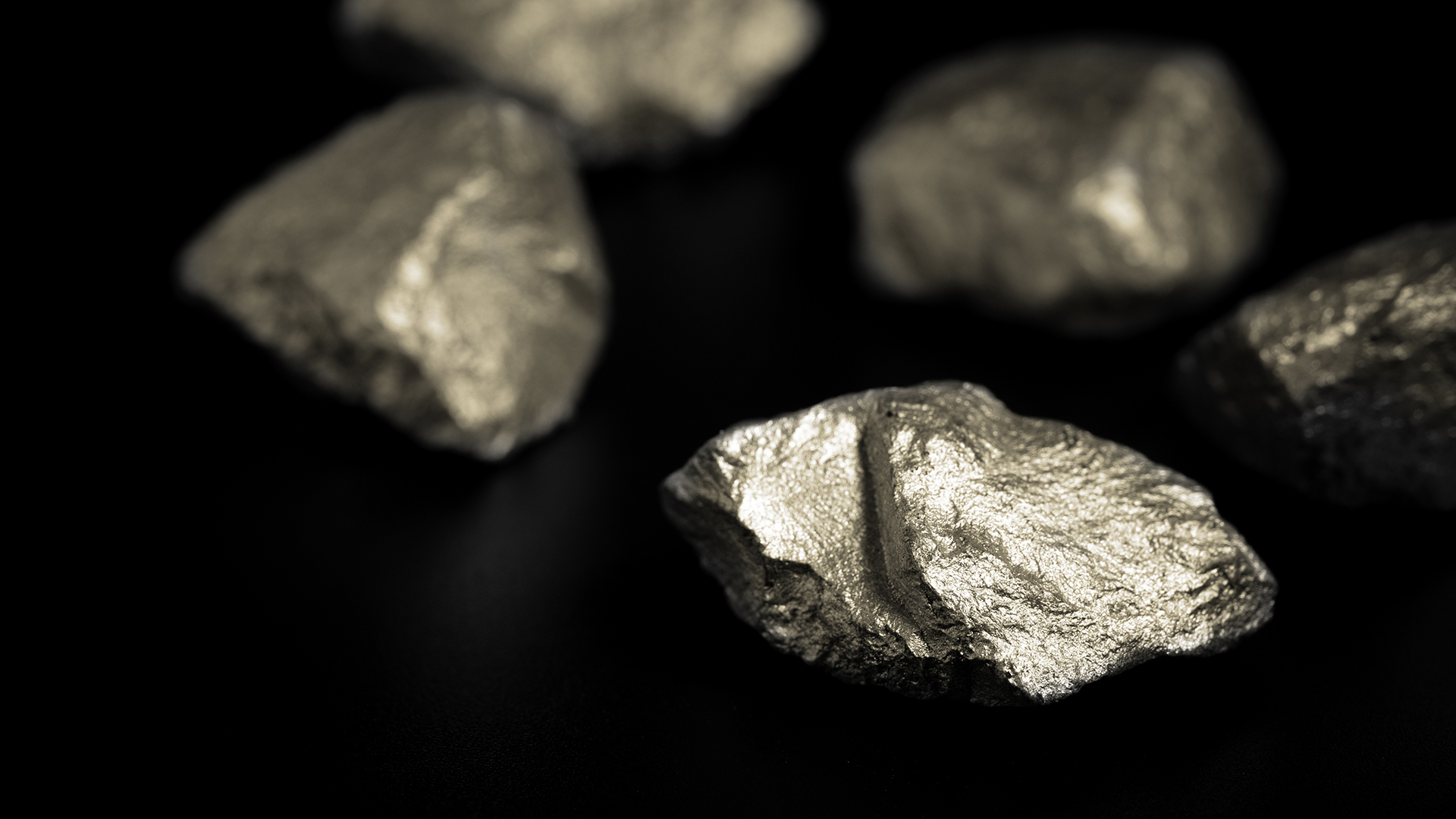
Vibrio natriegens and other fungal tools provide a means of reintroducing rare earth processing to the US. For instance, physiological processing might restore home productivity to California’s Mountain Pass rare earth element mine.
According to Barstow “This fresh work gives us a shot to leapfrog thermal methods.” Because we don’t need to purify proteins, we can operate this kind of system much more affordably than competing biological processes. We can engineer this and other bacterium.”
The US is then left with rival natural methods because it lacks expertise in thermochemical processing techniques.
Even if we wanted to use outdated thermochemical techniques, Bastow came to the conclusion that we probably couldn’t. We have lost the ability to do it.
“We are being compelled to find creative solutions to this issue.” he concluded.

